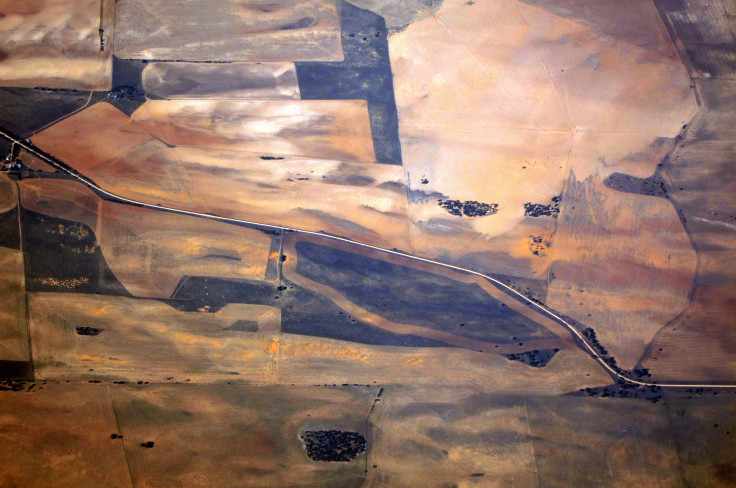Australia May Face International Isolation And Become UN’s Public Enemy # 1 On Climate Change Issues

Australia needs to implement measures as its share of taking responsibility in resolving global sustainability and climate change issues, lest it suffers international isolation and on being labelled as “public enemy number one” by the United Nations, when the latter will convene in Paris, France in December this year to tackle climate change. The statement came from Professor Peter Doherty, a Nobel laureate who represented Australia in Hong Kong on a 4-day sustainability symposium.
The Climate Change Authority, or CCA, on Tuesday recommended that Australia should make good on its commitment that by 2020, its 2000-level emissions are increased to 19 percent from five. CCA said such undertaking is crucial if Tony Abbott would want Australia “to be taken seriously at the Paris climate change talks.” But Greg Hunt, Australia’s minister on environment, described the recommendation to be “onerous.”
Doherty opined that Australia greatly shifted its role from being a world leader — in resolving climate change under the previous Labor Government — to being off the pace under Tony Abbott’s administration. Doherty continued Abbot has been leading Australia in oblivion on “what is happening globally.”
He cautioned that with Australia’s current passive role, it will be deemed as the scapegoat for behaving irresponsibly and may be imposed with tariff barriers. Specifically, the Nobel laureate on Medicine criticised Abbot’s allocation of $4 million in establishing a “think tank” on climate issues, and which is spearheaded by Bjorn Lomborg, who had been dubbed as a “sceptical” climate change contrarian and political scientist.
“It’s in character, but it’s a pretty extraordinary thing to do, after all the talk about the need to constrain resources. To hand that sort of money, presumably on the basis of no peer review whatever, for what is really a blatantly political exercise,” said Doherty, who was quoted by Sydney Morning Herald.
The professor is pessimist that Australia will be moved to uphold the symposium’s recommendation. Besides Australia, the symposium, which is held every three years by 12 laureates from different countries, also criticised Canada for its being unproductive and for omitting climate change on its economic plan.
For comments or feedback on the article, contact the writer at kizmet@ymail.com. You may also join or start a discussion below.





















